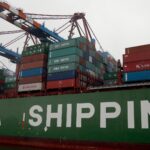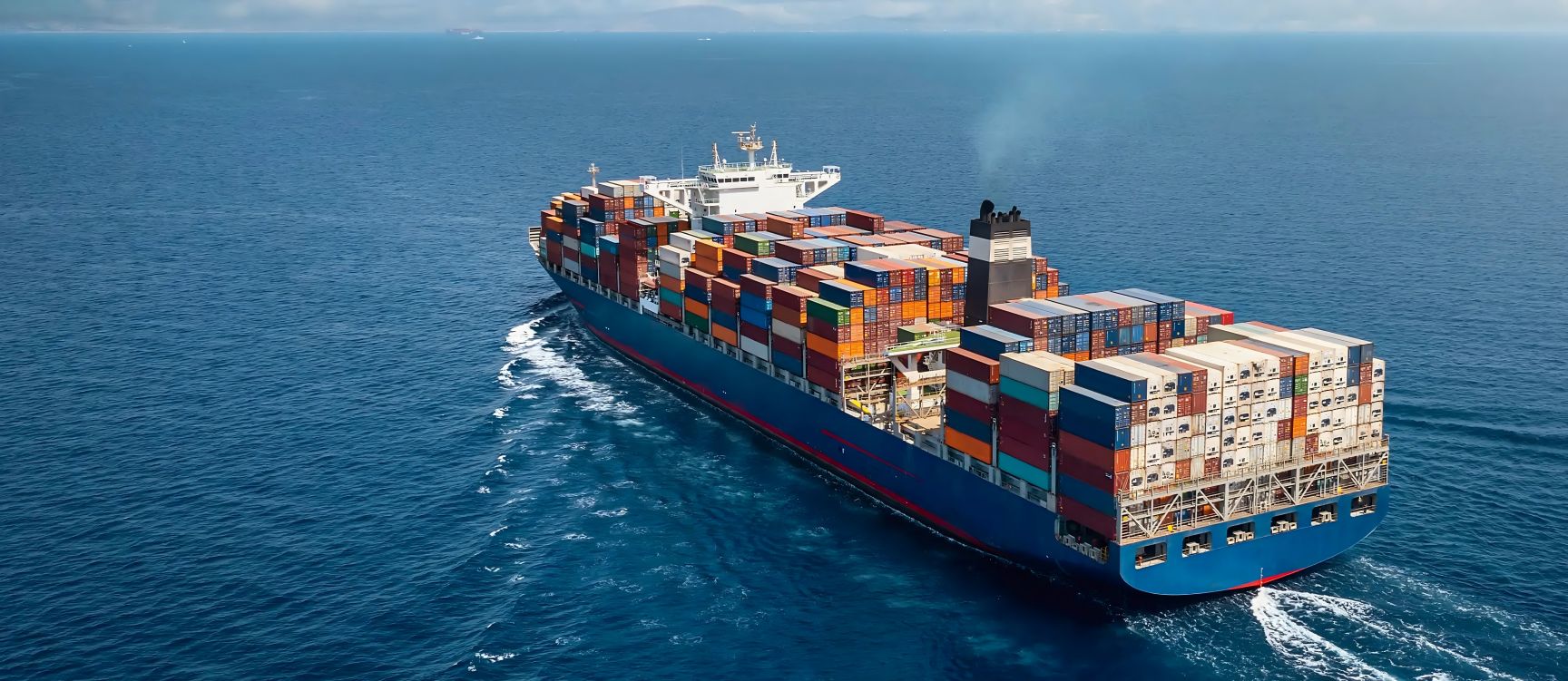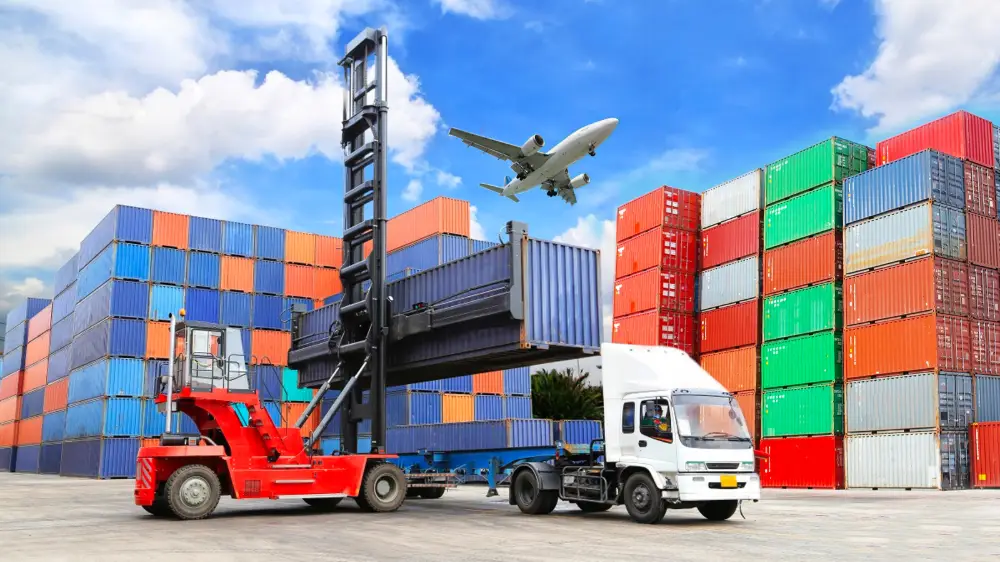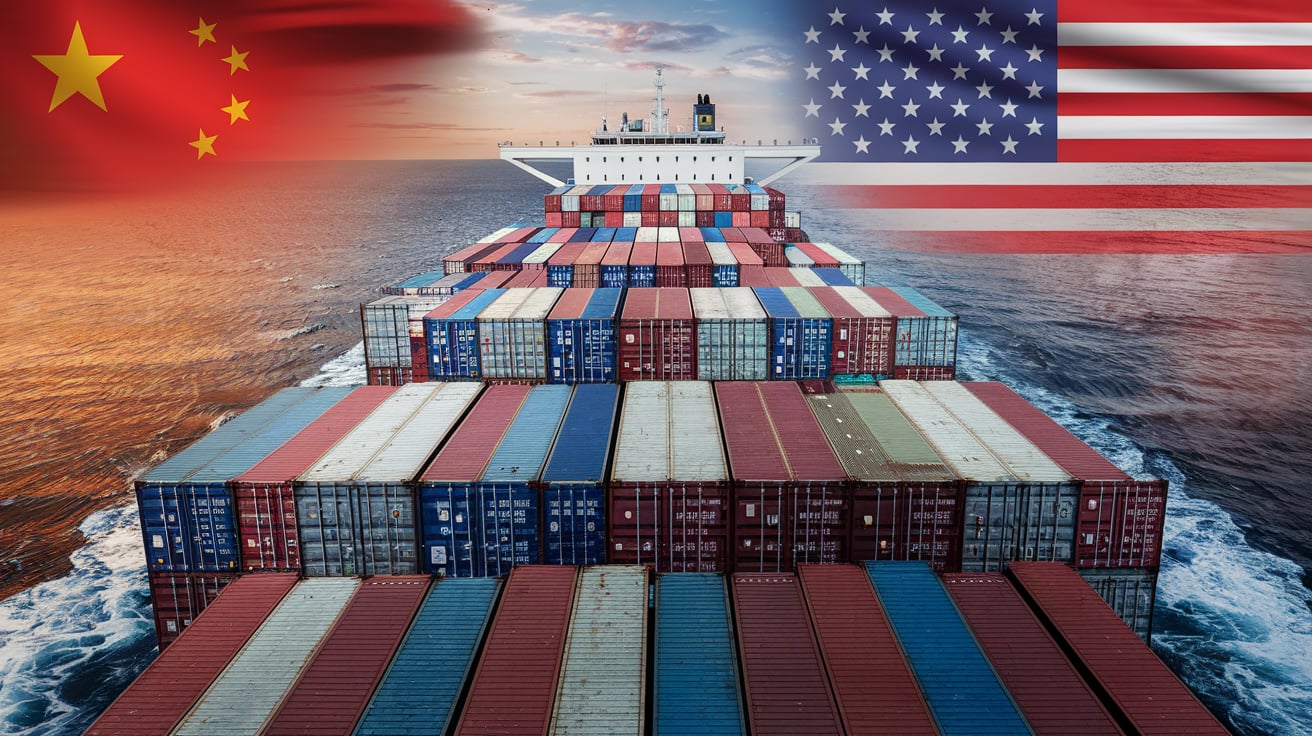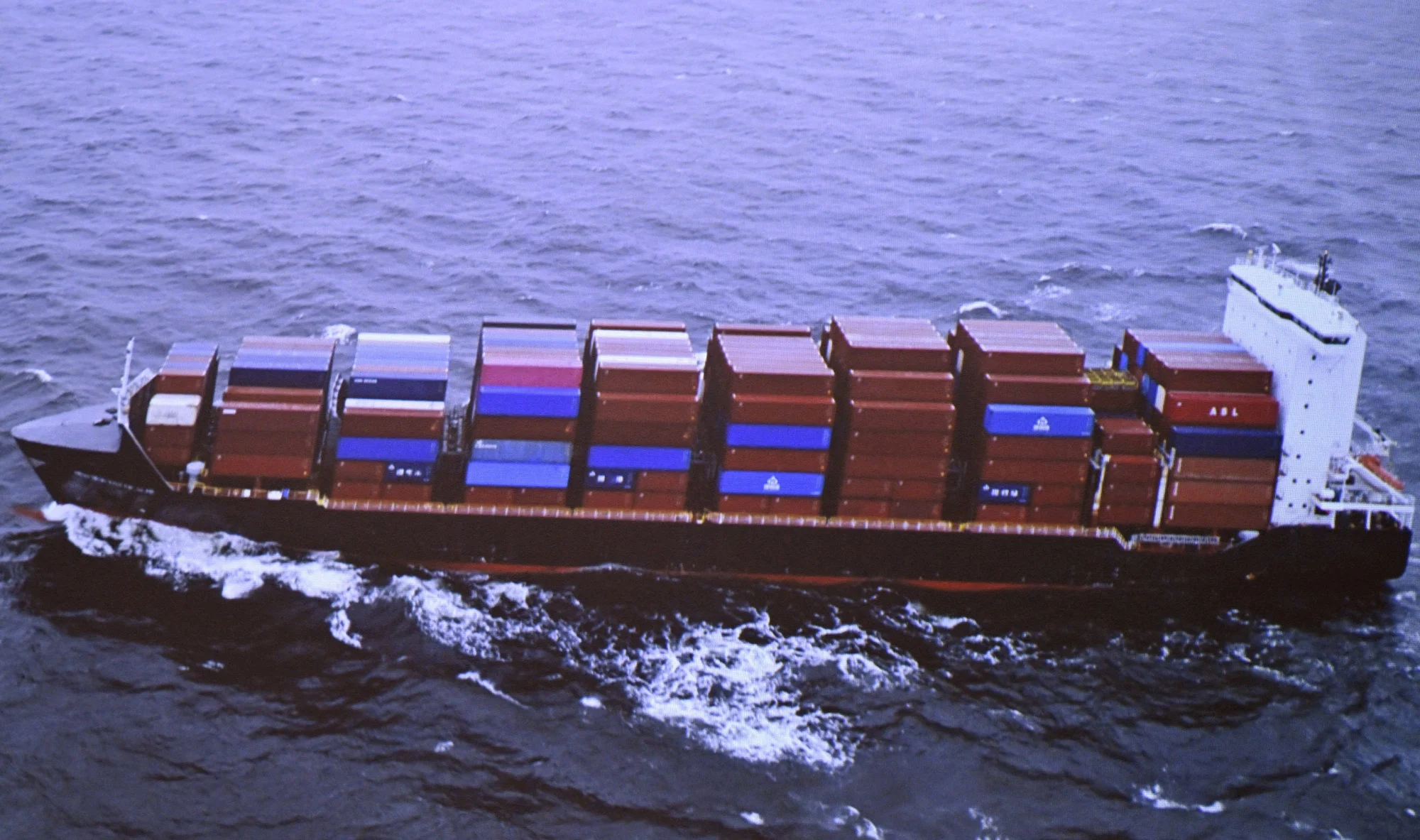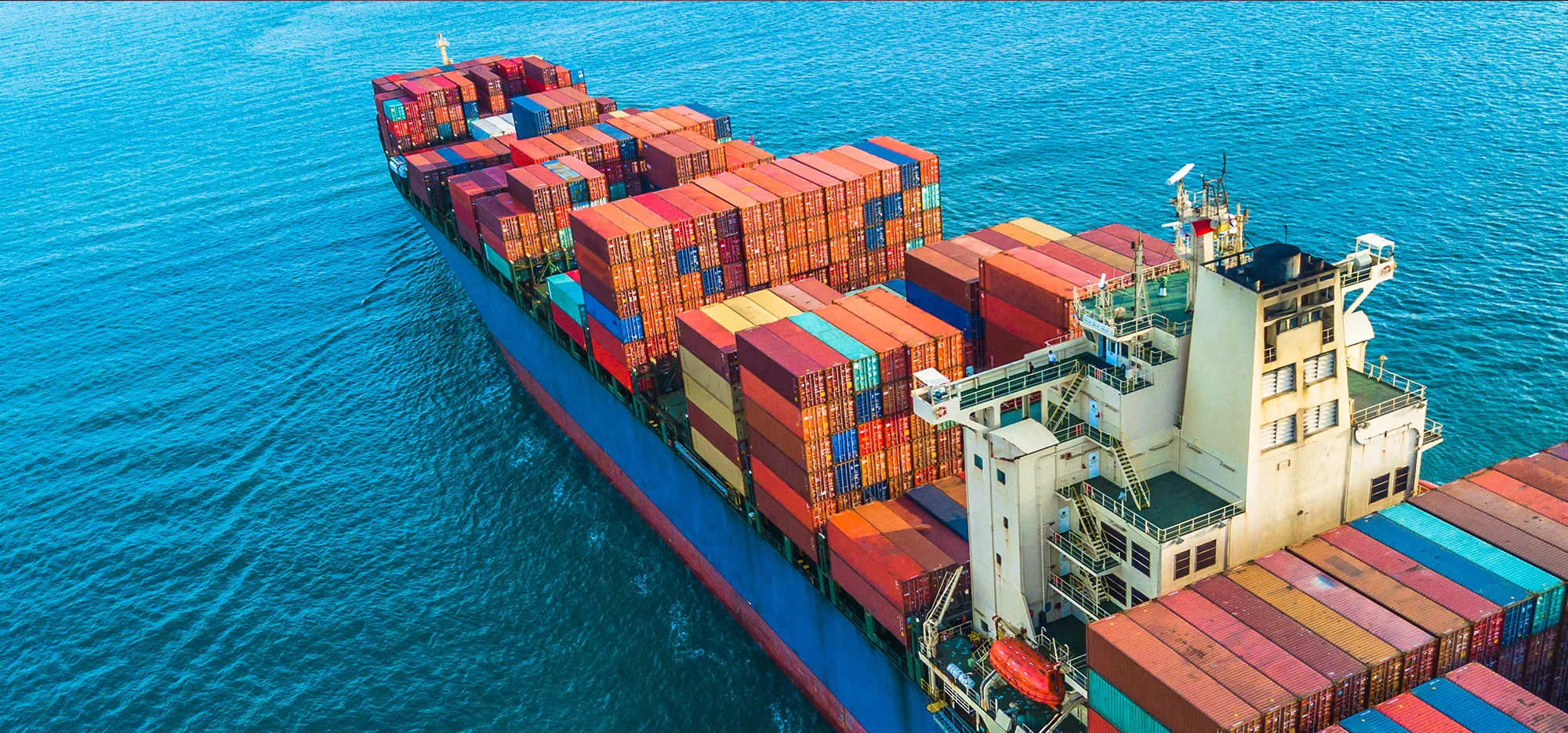Shipping goods from China to Aden offers businesses a strategic gateway to the expanding markets of the Middle East. As a vital trade hub located at the southern entrance of the Red Sea, the Port of Aden boasts modern shipping infrastructure and serves as a key point for international trade. However, successfully navigating the complexities of this process requires a thorough understanding of shipping methods, costs, customs regulations, and potential challenges. This guide provides essential insights into ocean and air freight options, the importance of choosing the right freight forwarder, and the necessary documentation for customs clearance. By leveraging this knowledge, businesses can streamline their shipping operations, ensure cost-effectiveness, and unlock new trade opportunities in Aden and beyond.
Related Article: Shipping from China to Yemen
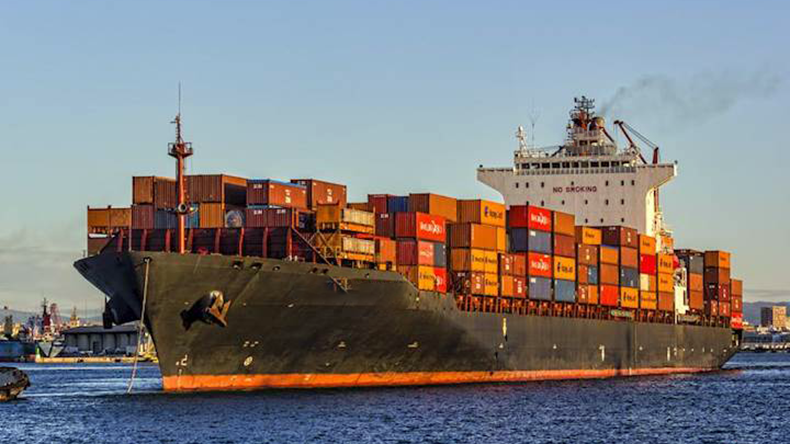
Understanding Shipping from China to Aden
Overview of the Shipping Process
Shipping from China to Aden involves a systematic process that ensures the safe and efficient transportation of goods across international waters. The journey typically begins with the supplier in China preparing the products for shipment, which includes packaging, labeling, and documentation. Once the goods are ready, they are transported to the port of departure, where they undergo customs clearance and are loaded onto the vessel or aircraft.
The process can be categorized into several key steps:
Preparation: This involves selecting the right products, obtaining necessary permits, and ensuring compliance with regulations.
Transportation to the Port: Goods are transported from the supplier’s location to the nearest shipping port in China.
Customs Clearance: Before departure, the shipment must clear Chinese customs, which involves submitting the required documentation, including invoices, packing lists, and bills of lading.
Loading and Shipping: Once cleared, the goods are loaded onto the vessel or aircraft for transportation to Aden.
Arrival and Customs Clearance in Aden: Upon arrival, shipments must clear Yemeni customs, which can involve additional documentation and inspections.
Understanding this process is essential for importers looking to navigate the complexities of international shipping effectively.
Importance of Aden as a Shipping Hub
Aden serves as a critical shipping hub in the Middle East due to its strategic location at the southern entrance of the Red Sea. This port city has been historically significant as a major trade route connecting Europe, Asia, and Africa.
Key factors contributing to Aden’s importance include:
Geographic Position: It provides a direct route for vessels traveling between the Mediterranean Sea and the Indian Ocean, making it a vital transit point for global shipping operations.
Economic Significance: The Port of Aden facilitates trade not only for Yemen but also for neighboring countries in the region, enhancing economic relations and trade opportunities.
Port Facilities: With specialized facilities to handle containers, bulk cargo, and breakbulk shipments, Aden is well-equipped to accommodate various types of goods.
Due to these factors, shipping to Aden is increasingly preferred by businesses looking to tap into the lucrative markets in the Middle East and beyond.
Key Shipping Methods from China to Aden
Ocean Freight: Cost-Effective and Reliable
Ocean freight is the most commonly used method for shipping goods from China to Aden. This mode of transportation is characterized by its cost-effectiveness, especially for bulk shipments. Ocean freight offers substantial savings compared to air freight, particularly for large volumes or heavy cargo.
Key advantages of ocean freight include:
Capacity: Ships can carry large quantities of goods, making it an ideal choice for businesses with high shipping volumes.
Cost Efficiency: The cost per unit decreases significantly with larger shipments, enabling businesses to benefit from economies of scale.
Variety of Cargo Types: Ocean freight can accommodate various types of shipments, including containers, perishables, and oversized cargo.
While ocean freight is generally slower, with transit times ranging from several weeks to months depending on the shipping route and weather conditions, it remains a reliable choice for many importers.
Air Freight: Fast and Efficient Options
For businesses that prioritize speed, air freight is the optimal shipping method from China to Aden. Although it is significantly more expensive than ocean freight, air freight is best suited for time-sensitive shipments.
Benefits of air freight include:
Speed: Air freight is the fastest mode of transportation, typically reducing transit times to just a few days. This is particularly advantageous for perishable goods or urgent orders.
Reliability: Airlines operate on strict schedules, reducing the variability in delivery times compared to ocean freight.
Security: Airports have stringent security measures, which can lead to a lower risk of cargo theft or damage.
However, the higher costs associated with air freight make it less feasible for bulk shipments. Companies must consider their specific needs when choosing between these shipping methods, balancing speed and cost effectively.
Shipping From China to Middle East Countries:
- Shipping from China to Saudi Arabia
- Shipping from China to UAE
- Shipping from china to KUWAIT
- Shipping From China To EGYPT
- Shipping from China to Bahrain
- Shipping From China To Jordan
- Shipping From China To Israel
- Shipping from China to Qatar
- Shipping From China To IRAQ
- Shipping from China to Iran
Major Ports in Aden
Port of Aden: The Gateway for International Trade
The Port of Aden is the principal maritime gateway for international trade in Yemen, playing a vital role in the country’s economy. It has a rich history as a trade hub and continues to be a focal point for shipping activities in the region.
Historical significance aside, the Port of Aden offers several advantages:
Deep-Water Access: With its deep-water berths, the port can accommodate large vessels, including Panamax and Post-Panamax ships.
Multimodal Connectivity: The port is well-connected to the inland transportation network, facilitating seamless movement of goods to and from the port.
Customs Facilities: The port hosts various customs and regulatory agencies, ensuring efficient clearance processes for incoming shipments.
As a key player in the region’s maritime landscape, the Port of Aden enhances trade opportunities for businesses shipping from China and beyond.
Port Facilities and Infrastructure
The Port of Aden boasts modern facilities and infrastructure designed to handle diverse shipping needs. Key features include:
Container Terminals: Equipped with cranes and handling equipment, these terminals ensure efficient loading and unloading of containerized goods.
Storage Facilities: The port offers various storage options, including open yards and warehouses, catering to different types of cargo.
Logistics Services: Various logistics providers operate within the port, offering additional services like customs clearance, packaging, and distribution.
Overall, the Port of Aden’s advanced infrastructure and services make it a competitive choice for businesses looking to ship goods from China to the Middle East. As global trade continues to expand, the port is poised to play an even more significant role in international shipping operations.
Average Shipping Times and Costs
Comparison of Ocean Freight vs. Air Freight Transit Times
When considering shipping methods from China to Aden, understanding the transit times is crucial for effective logistics planning. The choice between ocean freight and air freight can significantly impact delivery schedules.
Ocean Freight: Typically, the transit time for ocean freight from China to Aden ranges from 20 to 45 days, depending on various factors such as the port of departure in China, the shipping route, and potential delays due to weather or port congestion. Ocean freight is ideal for non-urgent shipments, especially for businesses that can afford to wait for their goods to arrive.
Air Freight: In contrast, air freight drastically reduces transit times, with a typical delivery window of 3 to 7 days from China to Aden. This expedited service is perfect for businesses that require quick replenishment of inventory or need to expedite urgent shipments. However, it’s important to note that while air freight is faster, it comes at a premium cost compared to ocean freight.
Factors Influencing Shipping Costs
Several factors influence the overall shipping costs from China to Aden, which can vary significantly depending on the shipping method and specific requirements of the shipment.
Shipping Method: As previously discussed, the choice between ocean and air freight has a major impact on costs. Ocean freight is generally much cheaper than air freight, especially for large volumes.
Weight and Volume: Shipping costs are calculated based on the weight and dimensions of the cargo. Heavier and bulkier shipments will incur higher costs, particularly in air freight services, where prices can escalate quickly.
Distance and Route: The distance between the origin port in China and the Port of Aden can also affect shipping rates. Shorter shipping routes tend to be less expensive, while routes with potential detours and stopovers may increase costs.
Additional Services: Services such as customs clearance, insurance, and warehousing can add to the total shipping expenses. It’s advisable to request a comprehensive quote from your freight forwarder that includes all potential fees.
Market Conditions: Fluctuations in fuel prices, demand for shipping capacity, and seasonal factors can also influence shipping costs. Importers should stay updated on these trends to make informed decisions.
Step-by-Step Guide to Shipping from China to Aden
Initial Consultation with Freight Forwarders
The first step in the shipping process is to engage in an initial consultation with a reliable freight forwarder. This professional will guide you through various options and choose the most suitable shipping method based on your specific needs.
During this consultation, you should discuss:
Shipment Details: Provide information regarding the type of goods being shipped, their weight and dimensions, and any special handling requirements.
Desired Delivery Timeline: Discuss your timeline to determine whether ocean or air freight is appropriate.
Budget Considerations: Outline your budget so that the freight forwarder can tailor their services accordingly.
Selecting a reputable freight forwarder, such as Dantful International Logistics, can simplify the process and provide assurance of professional handling of your shipment.
Booking and Preparing Your Shipment
Once the consultation is complete, the next step involves booking and preparing your shipment. This includes several crucial tasks:
Booking the Shipment: Your freight forwarder will reserve the necessary space on the chosen vessel or aircraft and confirm the shipping schedule.
Preparing Documentation: Ensure that all required documents, such as the commercial invoice, packing list, and bill of lading, are prepared accurately. This will help facilitate smooth customs clearance in both China and Yemen.
Packaging: Proper packaging is vital to ensure that your goods are protected throughout transit. Your freight forwarder can offer guidance on suitable packaging materials and methods specific to your cargo type.
Labeling: Clearly label all packages with necessary details, including the destination address, handling instructions, and contents description. Accurate labeling can prevent delays and ensure efficient processing at customs.
You may be interested in the following related articles:
- Shipping from China to Palestine
- Shipping from China to Lebanon
- Shipping from China to Syria
- Shipping From China To Afghanistan
Customs Regulations and Documentation
Essential Documents for Shipping to Yemen
When shipping goods to Yemen, particularly through the Port of Aden, there are several essential documents required for customs clearance:
Commercial Invoice: This document provides a detailed account of the transaction, including the buyer and seller’s information, item descriptions, quantities, and prices.
Packing List: A packing list outlines how the shipment is packed, detailing the dimensions and weight of each package along with the total weight of the shipment.
Bill of Lading: This is a key document issued by the carrier, serving as a receipt of the shipment and detailing the transport agreement between the shipper and the carrier.
Certificate of Origin: This document certifies the origin of the goods, which may be required for specific products entering Yemen.
Import License: Depending on the nature of the goods, an import license might be necessary to comply with Yemeni regulations.
Navigating Customs Clearance in Aden
Navigating customs clearance in Aden can be complex due to specific regulations and procedures. Here are the steps involved:
Submission of Documents: Submit the required documents to Yemeni customs upon arrival at the port. This includes the commercial invoice, packing list, bill of lading, and any other relevant paperwork.
Customs Inspection: Customs authorities may conduct inspections to verify the contents of the shipment against the provided documentation. It’s crucial to ensure accuracy to avoid delays.
Payment of Duties and Taxes: Import duties and taxes must be paid as per Yemeni regulations. The rates can vary depending on the type of goods being imported.
Release of Goods: Once all requirements are met and fees are paid, customs will release the goods for delivery. Your freight forwarder will assist in this process to ensure a smooth transition.
Understanding these customs regulations and ensuring proper documentation will facilitate a timely delivery of your goods to Aden, minimizing potential delays and additional costs.
Choosing the Right Freight Forwarder
Criteria for Selecting a Freight Forwarder
Selecting the right freight forwarder is crucial for a seamless shipping experience. As an intermediary between shippers and carriers, a freight forwarder plays a vital role in managing the logistics and ensuring that your goods reach their destination safely and on time. Here are key criteria to consider when selecting a freight forwarder:
Experience and Reputation: Look for a freight forwarder with a proven track record in the shipping industry, particularly in routes involving China and Aden. Check customer reviews, ratings, and testimonials to gauge their reliability and service quality.
Specialization: Ensure that the freight forwarder specializes in the specific type of cargo you intend to ship. Whether it’s perishable goods, heavy machinery, or fragile items, selecting a forwarder familiar with handling such cargo is essential for minimizing risks.
Network and Connections: A well-connected freight forwarder with established relationships with shipping lines, airlines, and customs authorities can provide better rates, superior service, and access to vital resources. This can also expedite the customs clearance process.
Transparency in Pricing: Look for a freight forwarder that provides clear and detailed pricing structures. Hidden fees and unexpected charges can significantly increase your shipping costs, so transparency is crucial.
Customer Support: A responsive customer support team is vital for addressing any issues that may arise during the shipping process. Choose a freight forwarder that offers comprehensive support and is available to assist you throughout the shipment journey.
Technology and Tracking: In today’s digital age, a freight forwarder that utilizes technology for shipment tracking, document management, and communication can enhance the overall shipping experience. Ensure that they provide real-time tracking capabilities to monitor your shipment’s status.
Benefits of Working with Experienced Logistics Providers
Partnering with an experienced logistics provider offers numerous advantages that can streamline the shipping process:
Expert Guidance: Experienced freight forwarders possess in-depth knowledge of international shipping regulations, customs requirements, and best practices. Their expertise can help you navigate complex logistics and avoid common pitfalls.
Cost Savings: Established logistics providers often have access to competitive shipping rates and bulk purchasing discounts, which can significantly reduce your overall shipping costs. They can also help you optimize your shipping strategy to maximize cost efficiency.
Risk Management: Experienced freight forwarders are equipped to handle potential risks associated with shipping, including cargo damage, delays, and compliance issues. Their proactive approach to risk management can minimize disruptions and ensure the safe delivery of your goods.
Customized Solutions: A seasoned logistics provider can tailor shipping solutions to meet your specific needs, whether you require special handling, temperature control for perishables, or expedited delivery options.
Streamlined Processes: With their established workflows and systems, experienced freight forwarders can streamline the shipping process, from documentation and customs clearance to delivery tracking. This efficiency can save you time and resources.
Global Reach: An experienced logistics provider often has a vast network of partners and agents worldwide, enabling them to handle shipments to various destinations efficiently. This global reach ensures reliable service regardless of the shipping route.
Challenges and Considerations in Shipping to Aden
Political and Economic Factors Affecting Shipping
Shipping to Aden can present unique challenges due to the political and economic landscape in Yemen. Understanding these factors is essential for navigating potential obstacles effectively:
Political Instability: Yemen has experienced significant political turmoil and conflict, which can impact shipping operations. It is essential to stay informed about the current political climate, as instability may lead to transportation disruptions, increased security risks, or changes in shipping regulations.
Economic Sanctions: International sanctions imposed on Yemen can affect trade and shipping activities. Freight forwarders need to be aware of the regulations regarding sanctioned goods and ensure compliance to avoid legal issues.
Infrastructure Limitations: The port facilities in Aden may be affected by the country’s ongoing challenges, including limited maintenance and upgrades. This can affect logistics, storage capacity, and the efficiency of cargo handling.
Currency Fluctuations: Currency instability can influence shipping costs, particularly if payments are to be made in local currency. Shippers should consider potential fluctuations and incorporate them into their pricing strategies.
Insurance and Liability: Given the risks involved in shipping to politically volatile regions, obtaining comprehensive insurance coverage is crucial. Understanding the liability terms and conditions can help mitigate financial losses in case of unforeseen events.
Environmental Considerations in Maritime Transport
As global awareness of environmental issues increases, maritime transport faces growing scrutiny regarding its ecological impact. Here are some environmental considerations relevant to shipping to Aden:
Emissions Regulations: The shipping industry is under pressure to reduce greenhouse gas emissions, and regulatory bodies are implementing stricter emissions standards. Shippers must consider these regulations when choosing vessels and methods for transportation.
Sustainable Practices: Many companies are adopting sustainable shipping practices to minimize their environmental footprint. This includes using energy-efficient vessels, reducing waste, and opting for eco-friendly packaging materials.
Biodiversity Protection: Shipping routes must consider the potential impact on marine biodiversity. This includes assessing risks related to oil spills, ballast water discharge, and other pollution sources that can affect marine life.
Climate Change Adaptation: Climate change poses challenges for shipping, including more frequent severe weather events that can disrupt operations. Companies must develop contingency plans to address potential weather-related delays and cargo damage.
Corporate Social Responsibility (CSR): Many companies are now focusing on CSR initiatives, which include sustainable shipping practices. Aligning with a freight forwarder that prioritizes environmental responsibility can enhance your brand reputation and appeal to environmentally-conscious consumers.
By considering these challenges and environmental factors, businesses can develop strategic shipping plans that mitigate risks and comply with regulations while also contributing to global sustainability efforts.

Young Chiu is a seasoned logistics expert with over 15 years of experience in international freight forwarding and supply chain management. As CEO of Dantful International Logistics, Young is dedicated to providing valuable insights and practical advice to businesses navigating the complexities of global shipping.





